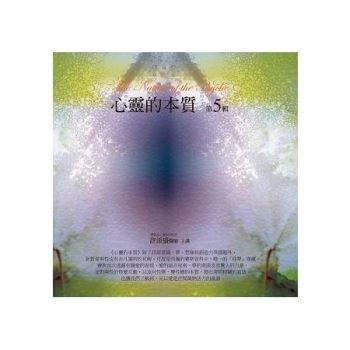In 1875, the geophysicist Balfour Stewart and the mathematician P. G. Tait published the second edition of The Unseen Universe. The book's aim had been 'to overthrow materialism by a purely scientific argument', and its initial success, and the controversy it aroused, prompted this revised edition. The treatise suggests that science and religion could be reconciled, and that by using science, it could be proved that the soul survives after death. The book begins with a historical account of the beliefs about the afterlife of ancient Egypt, the Greeks, Buddhism and Christianity. The authors then refine a Ptolemaic vision of the universe in which the material universe is surrounded by concentric, invisible universes. The Unseen Universe discusses the nature of matter and ether, Newton's laws, and the idea that, through electromagnetism, the soul upon death transfers molecularly from the visible to the invisible universe.
| FindBook |
有 1 項符合
The Unseen Universe: Physical Speculations on a Future State的圖書 |
 |
The Unseen Universe: Physical Speculations on a Future State 作者:Stewart 出版社:Cambridge University Press 出版日期:2009-09-24 語言:英文 規格:平裝 / 236頁 / 21.6 x 14 x 1.3 cm / 普通級 |
| 圖書館借閱 |
| 國家圖書館 | 全國圖書書目資訊網 | 國立公共資訊圖書館 | 電子書服務平台 | MetaCat 跨館整合查詢 |
| 臺北市立圖書館 | 新北市立圖書館 | 基隆市公共圖書館 | 桃園市立圖書館 | 新竹縣公共圖書館 |
| 苗栗縣立圖書館 | 臺中市立圖書館 | 彰化縣公共圖書館 | 南投縣文化局 | 雲林縣公共圖書館 |
| 嘉義縣圖書館 | 臺南市立圖書館 | 高雄市立圖書館 | 屏東縣公共圖書館 | 宜蘭縣公共圖書館 |
| 花蓮縣文化局 | 臺東縣文化處 |
|
|
圖書介紹 - 資料來源:博客來 評分:
圖書名稱:The Unseen Universe: Physical Speculations on a Future State
|










